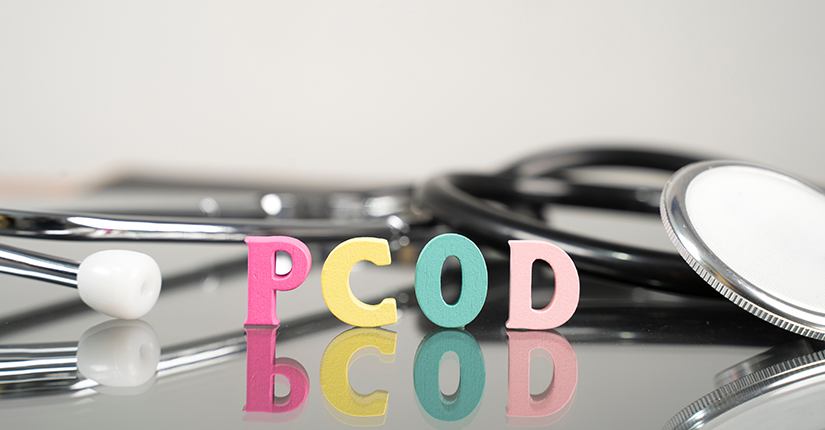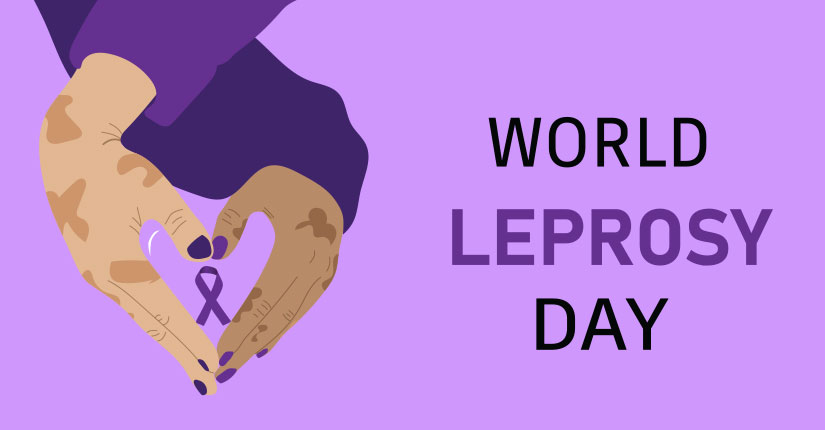Top 4 Myths & Facts on PCOD
By Nmami Agarwal 17-Sep 2020 Reading Time: 4 Mins

PCOD Polycystic Ovarian Syndrome has become the most common disorder that is affecting a lot of women these days. Because of the improper knowledge and believing the false information, many women don’t even recognise it on time which can even worsen the symptoms and situation. PCOD is caused due to hormonal disorder and it shows various symptoms like irregular menstrual cycles, hair loss, acne, weight gain and many others but there is more to that. Correct knowledge of this disorder is extremely vital to tackle it. With many heaps of information available on the internet about PCOD, it is difficult to extract out the facts on this topic. Here we bust some common myths around PCOD so that you can aware of the facts.
- Myth: You cannot have a baby if you have PCOD
- Myth: The reason for PCOD is only hormonal imbalance
- Myth: Same symptoms experienced by women with PCOD
- Myth: PCOD cause/happen to women who are overweight
Fact: Due to the hindrance in the regulation of hormones, PCOD can affect ovulation and can lead to infertility. But it is not the scenario with every woman. Proper guidance, medications and treatments can treat infertility. A healthy and well-balanced diet plan can also assist in lowering the symptoms of PCOD while easing out your problems of conceiving.
Fact: The basic cause of PCOD is hormonal imbalance but there are numerous further factors that can be responsible for PCOD. Factors like genetics and production of excess insulin are other prominent reason that can lead to PCOD. It is quite important to make some lifestyle changes and stick to a balanced and nutritious diet to treat the symptoms of PCOD.
Fact: The symptoms of PCOD are different for different woman. Some woman experience gradual symptoms which get worsen with time while some woman feels symptoms that not very last-longing. Some of the most common symptoms of PCOD are uneven menstrual cycle, excess hair on the face, acne on chest and face, skin darkening, hair loss from scalp and weight gain. If you suffer from these common symptoms, it is advisable to go and seek the advice of a health expert.
Fact: It is believed that PCOD happens to women who are overweight. However, it is not same for everyone and it can be possible that PCOD can lead to weight gain. Frequent weight gain after PCOD is common but PCOD can affect women of different size and shape. Also, shedding weight is a little difficult for women suffering from PCOD but incorporating some healthy dietary and lifestyle changes can ease out the symptoms of PCOD while shedding those extra kilos from your body.
Over to you
PCOD can be tackled if recognised in an early stage. Correct awareness around this topic is extremely crucial so that you can easily recognise the symptoms of PCOD and can take effective measures to treat it properly.





















